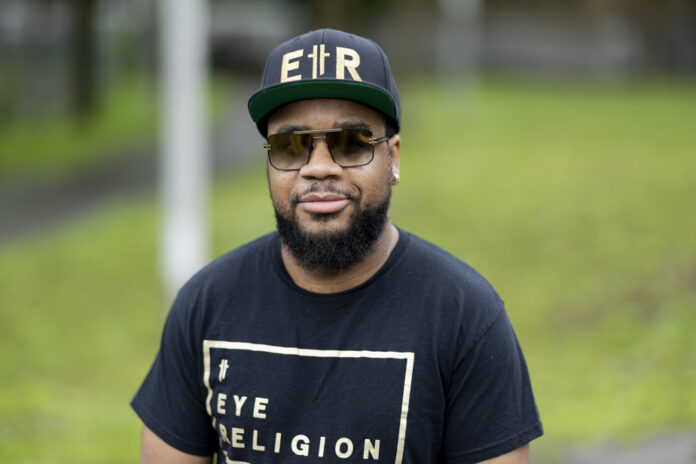Fifty years after the birth of hip-hop, Montrealers have joined forces to organize celebrations worthy of the birth of this great musical and planetary current, born on August 11, 1973 in the New York Bronx.
This weekend, Montrealers are invited to the Little Burgundy district for a sort of high mass of hip-hop – and the codes that surround it.
By marking the 50th anniversary of this influential musical genre on August 5 and 6, the Quebec metropolis will imitate major American cities such as New York, Los Angeles, Atlanta, Dallas, Boston, Philadelphia, Chicago or Washington, to name a few. , where festivities are organized that put the roots of rap in the spotlight.
“You can’t take advantage of a culture without thanking it,” said Kevin Calixte, coordinator of the 50th anniversary of hip-hop in Montreal, in an interview. It is illogical, according to him, that hip-hop music is taking up more and more space in the Quebec artistic ecosystem, but that in recent months, the major musical events in the province have not mentioned this anniversary. .
Saturday during the day, more than 5,000 people are expected at Vinet Park, in the Sud-Ouest borough. On site, an outdoor “block party” style show is planned.
It’s a nod to what Clive Campbell – aka DJ Kool Herc – organized 50 years ago in New York City, which is now considered the birth of hip-hop.
In addition to performances by DJs, MCs and break dancers, the organization has provided stands from local traders and caterers as well as fitness and yoga activities, something for the whole family.
DJ Manifest, Godfather D, Nicholas Craven and singer Meriem Sacise are among others part of the lineup. Then, in the evening, the local group Rainmen will mark the 25th anniversary of its album Armageddon, during a show which was designed “to encourage young people to come and meet the people of the industry”.
On Sunday, the activities will continue at the Main House in the form of a panel discussion, in order to allow local artisans to discuss, learn or create links.
For Kevin Calixte, the choice of Little Burgundy as a party space was far from unconscious. It is a historically multicultural neighborhood involved in the development of rap in Montreal, which goes hand in hand with the unifying and demanding mentality of hip-hop.
“The West Indians, the Africans, the Filipinos, the Jews, the Irish, the Latinos, the Haitians… everyone was part of it. Multiculturalism, inclusiveness, that’s the mentality we want to try to promote. Everyone is in there, because the message reaches everyone. »
“It’s the graffiti, the rap battles. In rap, you are able to express yourself and let off steam, but to do it in an artistic way, “he prides himself.
The history of hip-hop was written by breaking glass ceilings, by knocking down barriers. “There has been an evolution in the perception of hip-hop, thinks Kevin Calixte. It has become essential in all cultural activities in the neighborhood or at festivals. »
Over the years, for example, Montreal has stood out for two things: the quality of its beatmakers and the use of Franglais. “Someone from France will find it creative that there is English, someone from the United States will find it exotic that we put French in our songs”, he illustrates.
And while there are certainly some barriers that have fallen over the years, there are still some on the way, particularly in terms of recognition or subsidies.
“Rappers have pretty much the same numbers as some mainstream artists – and they don’t have the same machine behind them. It is still something to compete with a structured industry, but without the same resources. »















